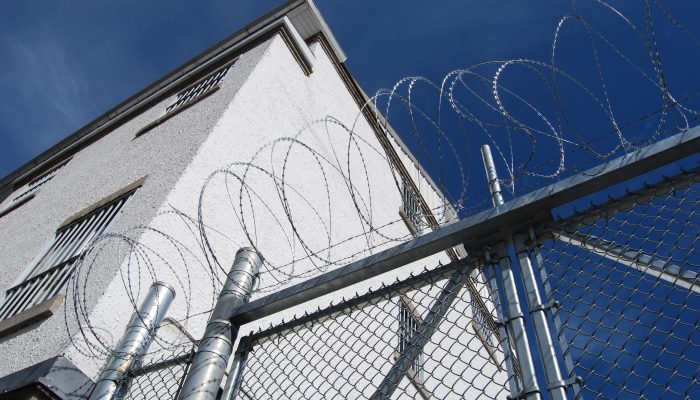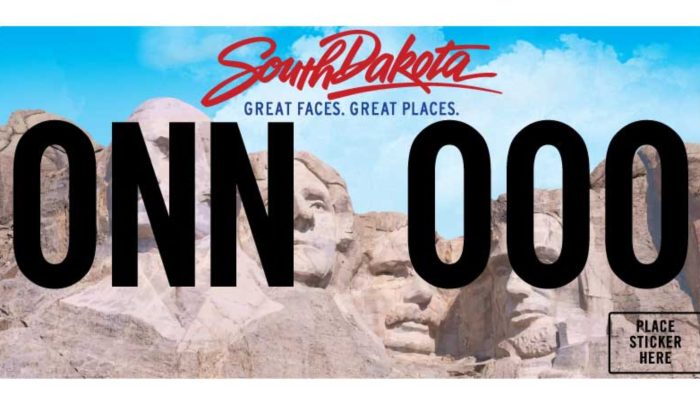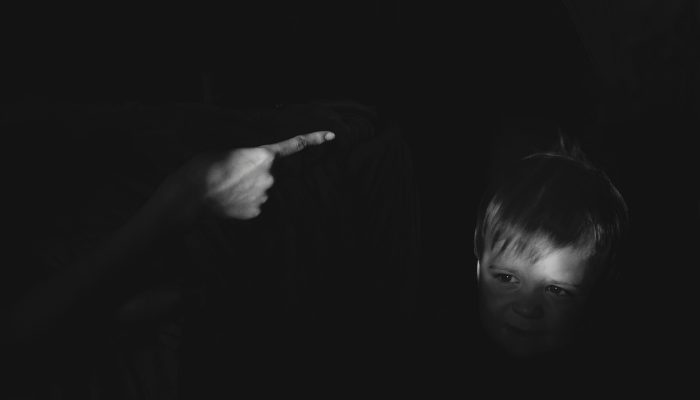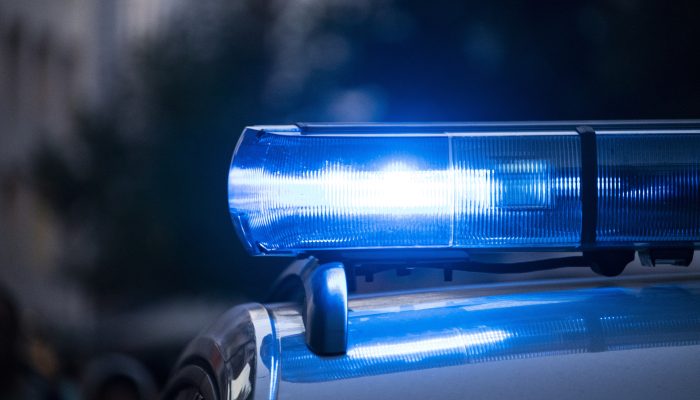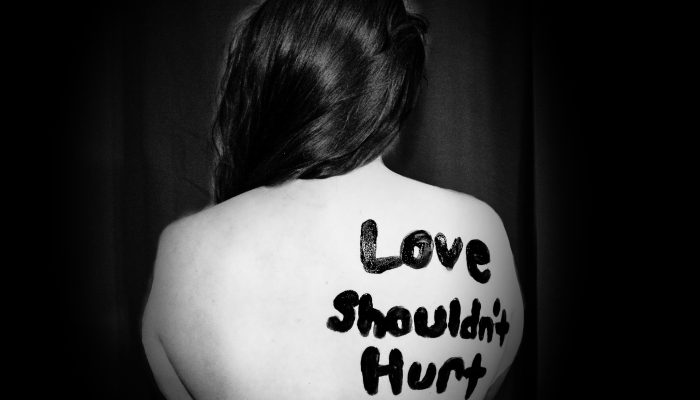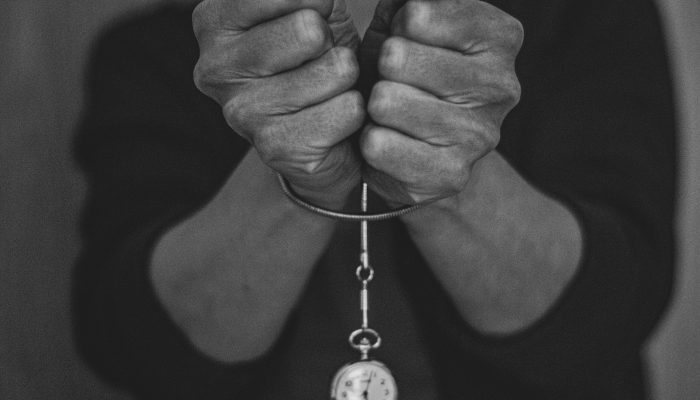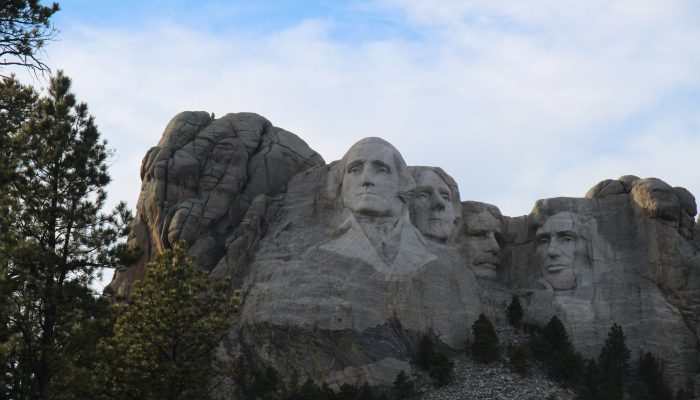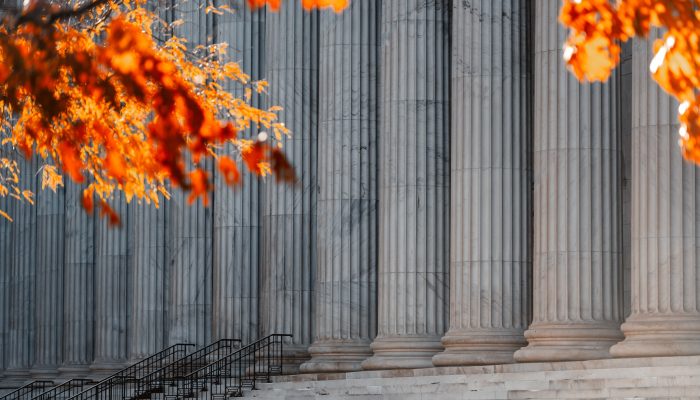The North Dakota Supreme Court heard oral arguments Monday in a case which could undo a law almost as old as the state itself and change how pipeline and utility companies access land for infrastructure projects.
A group of North Dakota landowners is asking the court to overturn a decision by a lower court which allowed the carbon dioxide pipeline and storage company Summit Carbon Solutions to access landowners’ properties for survey work for its multistate project. The group also wants the law which was applied to grant Summit the access to be ruled unconstitutional.
Continue reading “North Dakota Supreme Court hears arguments on survey access in Summit case”


